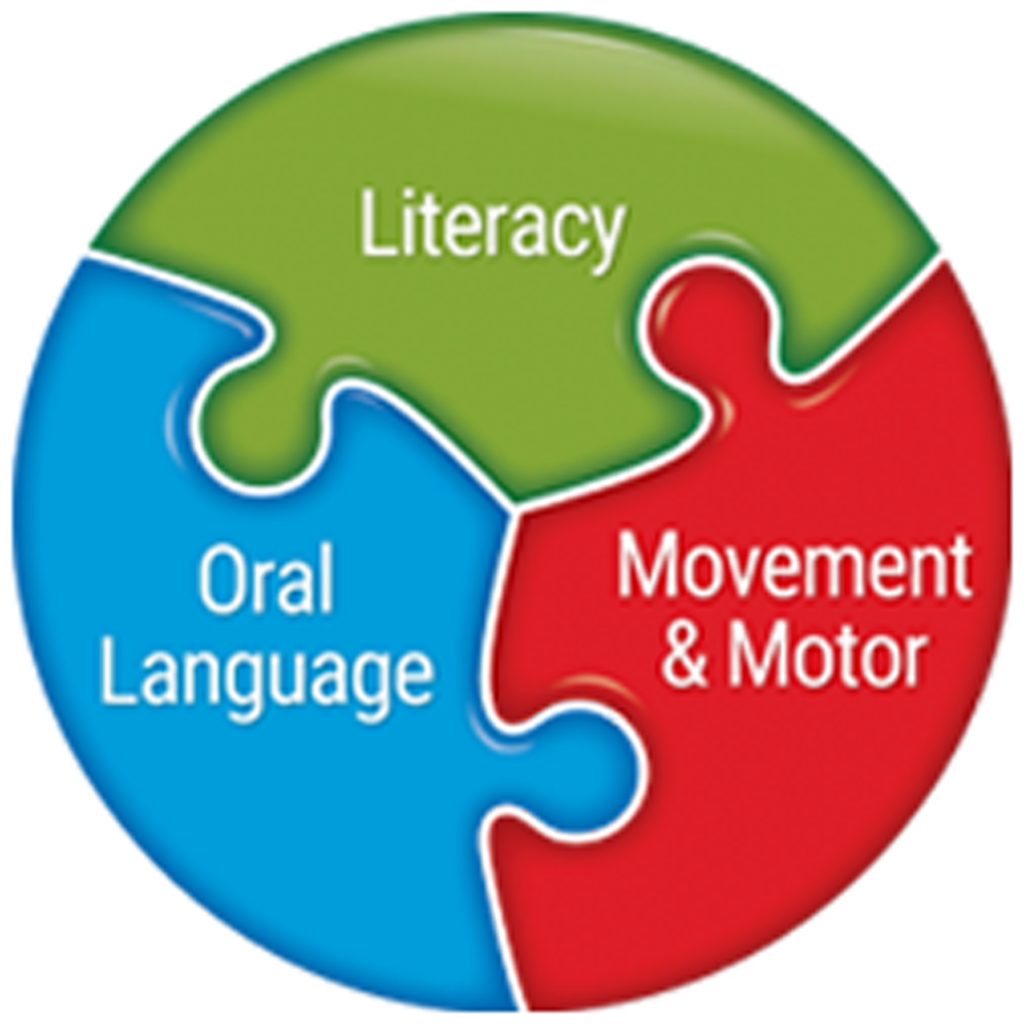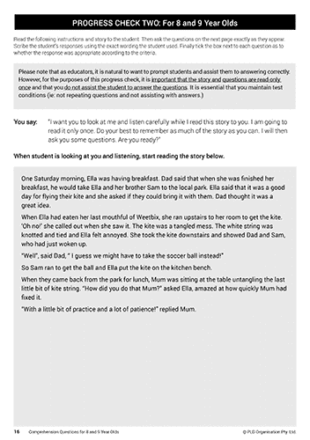Students with Literacy delays Home Learning with PLD

Within each and every primary school classroom, there is a range in student ability. Catering for this range, has always been central to PLD’s process. Children may experience delays or difficulties in developing literacy skills for a number of reasons, including a history of ear infections, delayed speech and language skills, or a genetic predisposition to literacy issues. If your child has difficulties with literacy tasks or has literacy delays, there are several things you can do:
- Drop a year level
- Approach your child’s teacher for support
- Work out where your child is at and where their gaps are
- Repeated targeted practice
- Don’t forget the importance of oral language skills
1. Drop a year level
If your child is finding the literacy activities at their year level difficult, drop down a year level, or even two if necessary. It is important that children are working at a level where they can be successful. Each skill builds on the previous, so if there are gaps, go back and practice until they are successful.
2. Approach your child’s teacher for support
If your child is finding activities difficult, if possible, contact their class teacher (tutor, speech pathologist or occupational therapist) and ask for assistance in adapting the activities to suit the needs of your child. Unfortunately, because PLD staff do not know your child, we are not able to provide this level of support to families.
3. Work out where your child is at and where their gaps are
Use the simple placement tests to find out where your child is at, what they know, and where their gaps are. This will allow you to then start working in the areas where they have gaps and supporting the development of their skills. Choose the placement test that is suitable for your child.
- Not yet reading? See Early Years Screening & Tracking Manual (3-4 year olds) and Foundation Screening & Tracking Manual (5 year olds)
- Difficulties with reading? See Early Reading Profile – Foundation and Early Reading Profile – Year 1 & 2
- Difficulties with spelling and writing? See Whole School Phonic Sight Word Sequence Placement Screening
If you are not sure what to do with the results of these tests, speak with your child’s classroom teacher about the areas of weakness you have found and how you can support your child in developing skills in these areas.
4. Repeated targeted practise
When children fall behind their peers, it is necessary that they receive targeted repeated practice over a finer range of skills. The following packs will provide repeated practice in particular key areas.
Alphabet sounds Group 1 (s, a, t, p, i, n). Download them here.
Beyond these tasks, the following text is recommended for purchase Alphabet Letter Sounds.
CVC reading and spelling (single word). Download them here.
For further CVC decoding & spelling tasks and to extend the program beyond 3 weeks take a look at Decoding & Spelling Games – Stage 1.
CVC reading and spelling at a sentence level. Download them here.
Beyond these tasks, the following text is recommended for purchase CVC Words Reading, Spelling and Writing Tasks.
sh reading and spelling at a sentence level. Download them here.
Beyond these tasks, the following text is recommended for purchase Early Stage 1 Reading, Spelling and Writing Tasks – Target 2.
CCVC reading and spelling at a sentence level. Download them here.
Beyond these tasks, the following text is recommended for purchase Stage 1 CCVC and CVCC Reading, Spelling and Writing Tasks – Target 3.
CVCC reading and spelling at a sentence level. Download them here.
Beyond these tasks, the following text is recommended for purchase Stage 1 CCVC and CVCC Reading, Spelling and Writing Tasks – Target 3.
ai reading and spelling at a sentence level. Download them here.
Beyond these tasks, the following text is recommended for purchase Late State 1 Reading, Spelling and Writing Tasks – Target 4.
5. Don’t forget the importance of Oral Language skills
Oral language skills (like answering questions, telling stories and news, having a conversation, using a variety of different words) are vital to the development of literacy skills. Often children who have literacy difficulties will also have oral language difficulties. If your child is struggling with reading, spelling and writing, try supporting their oral language skills. You can find a simple test of a child’s ability to understand questions below.
The following PLD resources can help to support oral language skills: Early Years, Foundation, Year 1 & 2, Year 3, 4, 5 & 6.






